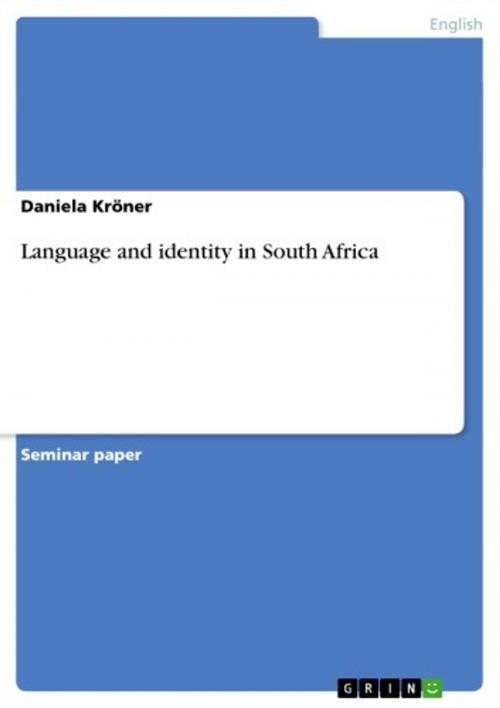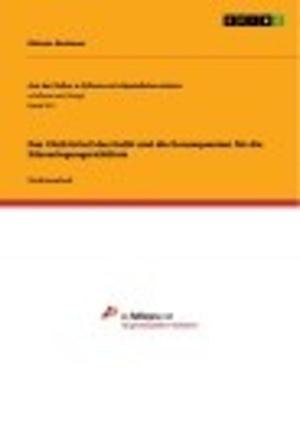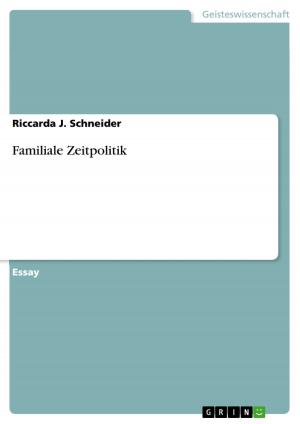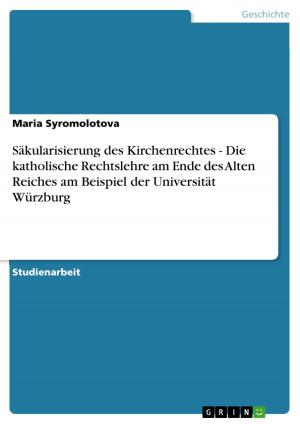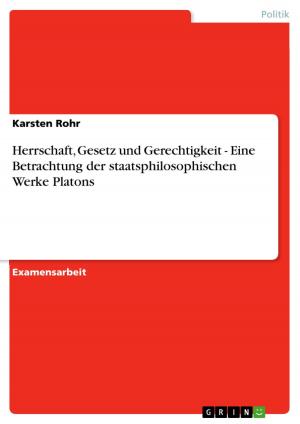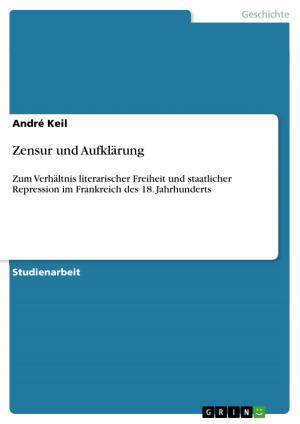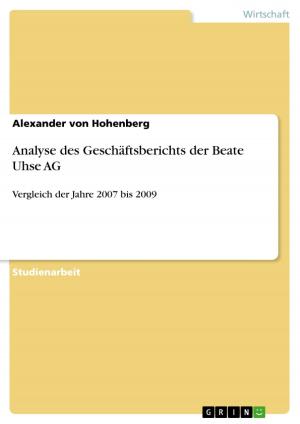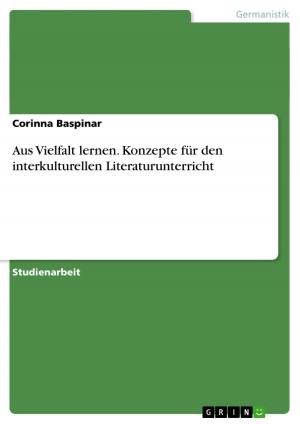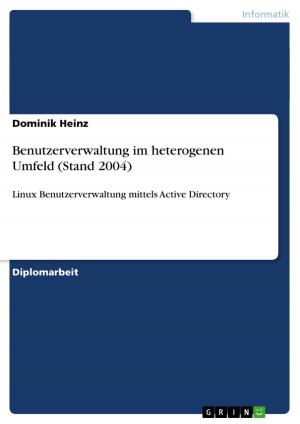| Author: | Daniela Kröner | ISBN: | 9783638852579 |
| Publisher: | GRIN Verlag | Publication: | November 7, 2007 |
| Imprint: | GRIN Verlag | Language: | English |
| Author: | Daniela Kröner |
| ISBN: | 9783638852579 |
| Publisher: | GRIN Verlag |
| Publication: | November 7, 2007 |
| Imprint: | GRIN Verlag |
| Language: | English |
Seminar paper from the year 2007 in the subject English Language and Literature Studies - Linguistics, grade: 2,0, University of Duisburg-Essen, course: English in Africa, 10 entries in the bibliography, language: English, abstract: Since 1996, South Africa is a country of 11 official languages. Some of them interfere more than others but each of them contributes to creating the South African English . SAE 'is an established and unique dialect, with strong influences from Afrikaans and the country's many African languages.'(SA info) So when all South Africans speak their lingua franca and their mothertongue they are at least bilingual if not multilingual. What I want to find out here, is whether bilingualism means obtaining several cultures in South Africa or if the use of the powerful SAE, which is also called 'killer-language', leads to a loss of cultures. English, of course, seems to be a global lingua franca and therefore it is powerful and it intends a higher education of its speakers. In South Africa, 'fewer than ten per cent of people speak English at home.'(Spot on) but 'all South African pupils learn English, and it's the language most schools use to teach other subjects.' (Spot on). That is a great chance for the pupils but problems arise when some children speak better than their teachers who learned their mothertongue or the former official language, Afrikaans, themselves.
Seminar paper from the year 2007 in the subject English Language and Literature Studies - Linguistics, grade: 2,0, University of Duisburg-Essen, course: English in Africa, 10 entries in the bibliography, language: English, abstract: Since 1996, South Africa is a country of 11 official languages. Some of them interfere more than others but each of them contributes to creating the South African English . SAE 'is an established and unique dialect, with strong influences from Afrikaans and the country's many African languages.'(SA info) So when all South Africans speak their lingua franca and their mothertongue they are at least bilingual if not multilingual. What I want to find out here, is whether bilingualism means obtaining several cultures in South Africa or if the use of the powerful SAE, which is also called 'killer-language', leads to a loss of cultures. English, of course, seems to be a global lingua franca and therefore it is powerful and it intends a higher education of its speakers. In South Africa, 'fewer than ten per cent of people speak English at home.'(Spot on) but 'all South African pupils learn English, and it's the language most schools use to teach other subjects.' (Spot on). That is a great chance for the pupils but problems arise when some children speak better than their teachers who learned their mothertongue or the former official language, Afrikaans, themselves.
